Montana Distillery, a well-known producer of a variety of spirits, has filed for Chapter 11 bankruptcy as of April 29, according to documents submitted to the U.S. Bankruptcy Court for the District of Montana.
This move comes four years after the company relocated to try and slash costs in the face of ongoing financial struggles.
Financial Woes Come to Light
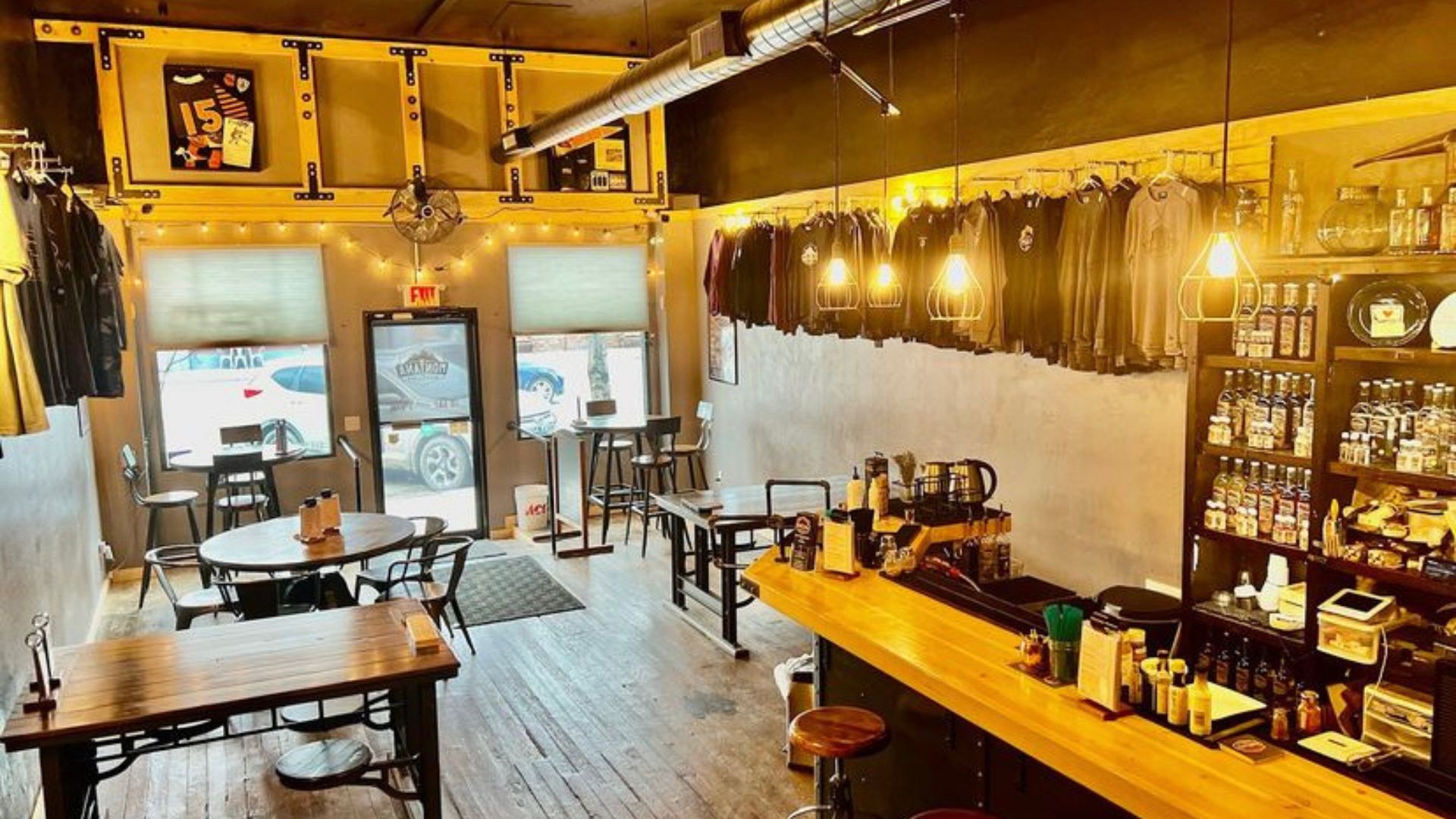
Montana Distillery’s recent bankruptcy filings reveal the depth of its financial troubles, with assets up to $50,000 and liabilities soaring between $500,000 and $1 million.
These figures lay bare the significant financial hurdles the distillery is trying to overcome.
A Mountain of Debt
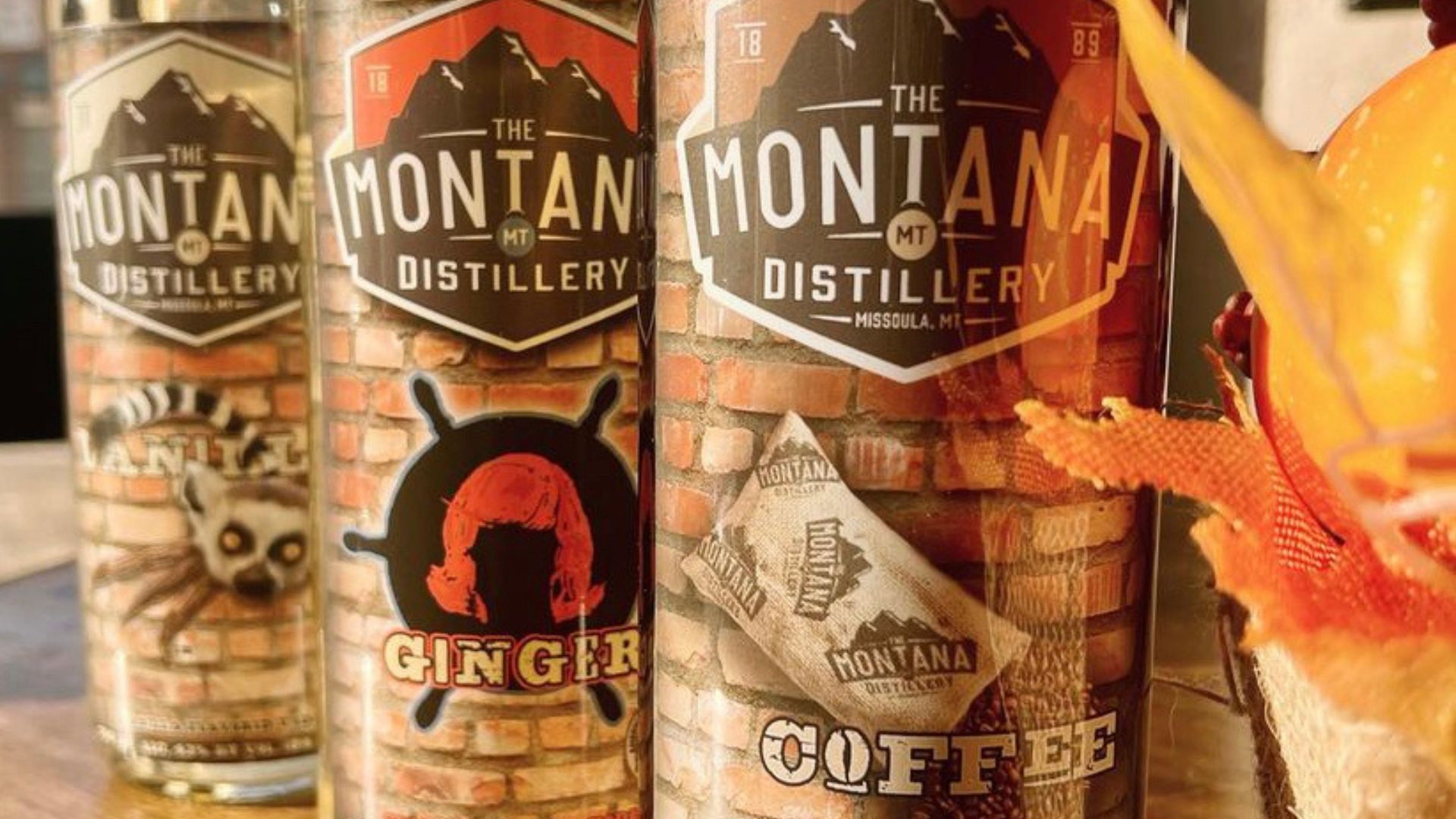
Documents from the bankruptcy proceedings show the distillery’s largest unsecured creditors, including a hefty $523,421 owed to the U.S. Small Business Administration and $161,342 to the Internal Revenue Service.
This sizable debt underscores the financial challenges that have weighed heavily on the company.
Pandemic Adds to Financial Strain

The timing of the COVID-19 pandemic worsened the distillery’s financial issues, leading to decreased revenues.
The impact was severe, especially as the distillery had just opened its new tasting room in Stevensville on Christmas Eve 2020.
Unique Spirit Selection in Jeopardy
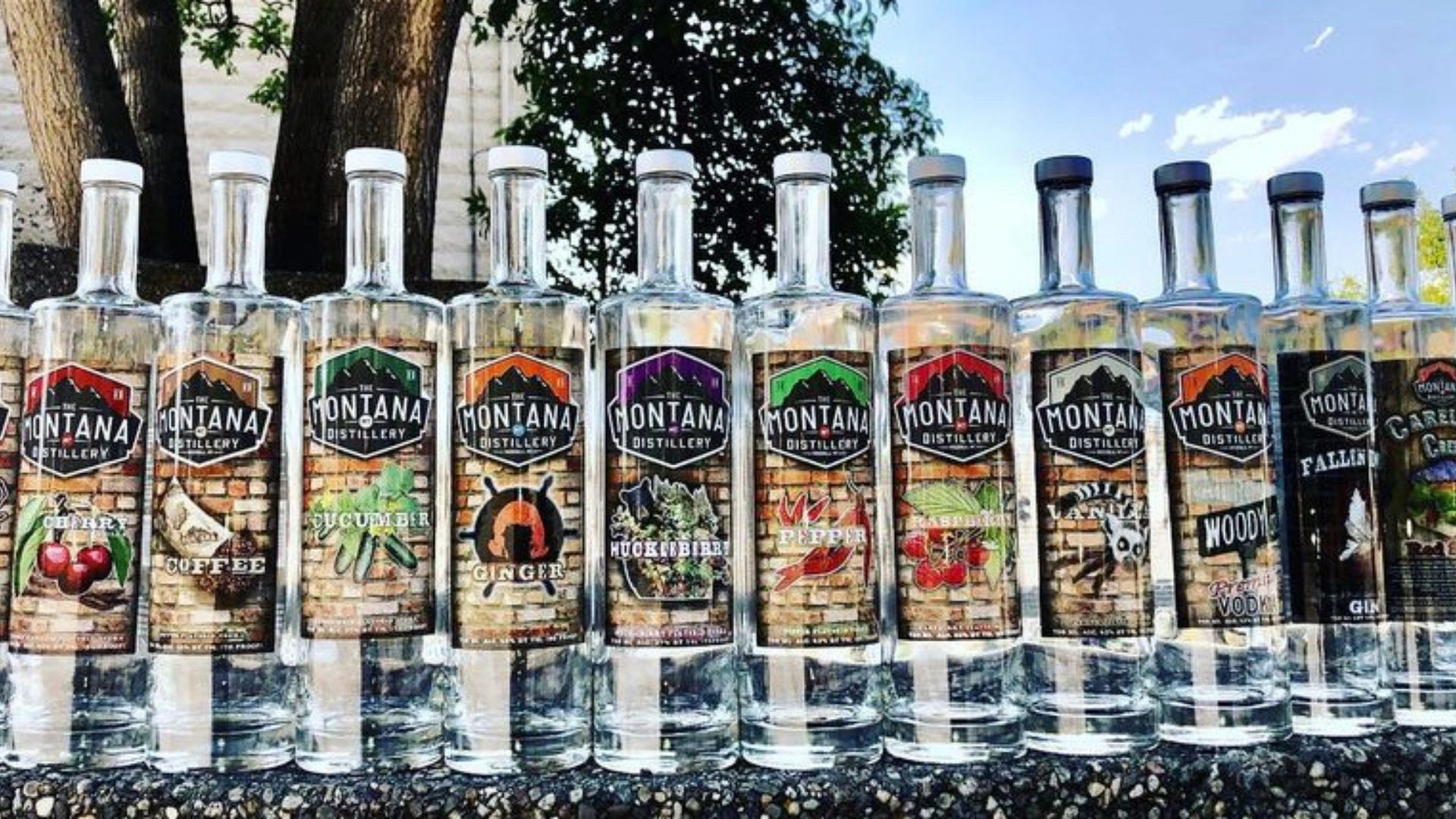
Montana Distillery is famous for its array of ten vodka flavors, including the unique Bacon Vodka and Cherry Vanilla Vodka.
The company now faces uncertainty about the continuation of these beloved products due to the bankruptcy.
More Than Just Vodka at Stake

Besides its innovative vodkas, Montana Distillery also crafts Fallen Dove Gin and Careless Creek Red Sheep whiskey.
These spirits, prominently featured in their tasting room, might also become scarce as the financial crisis unfolds.
Economic Pressures Mount
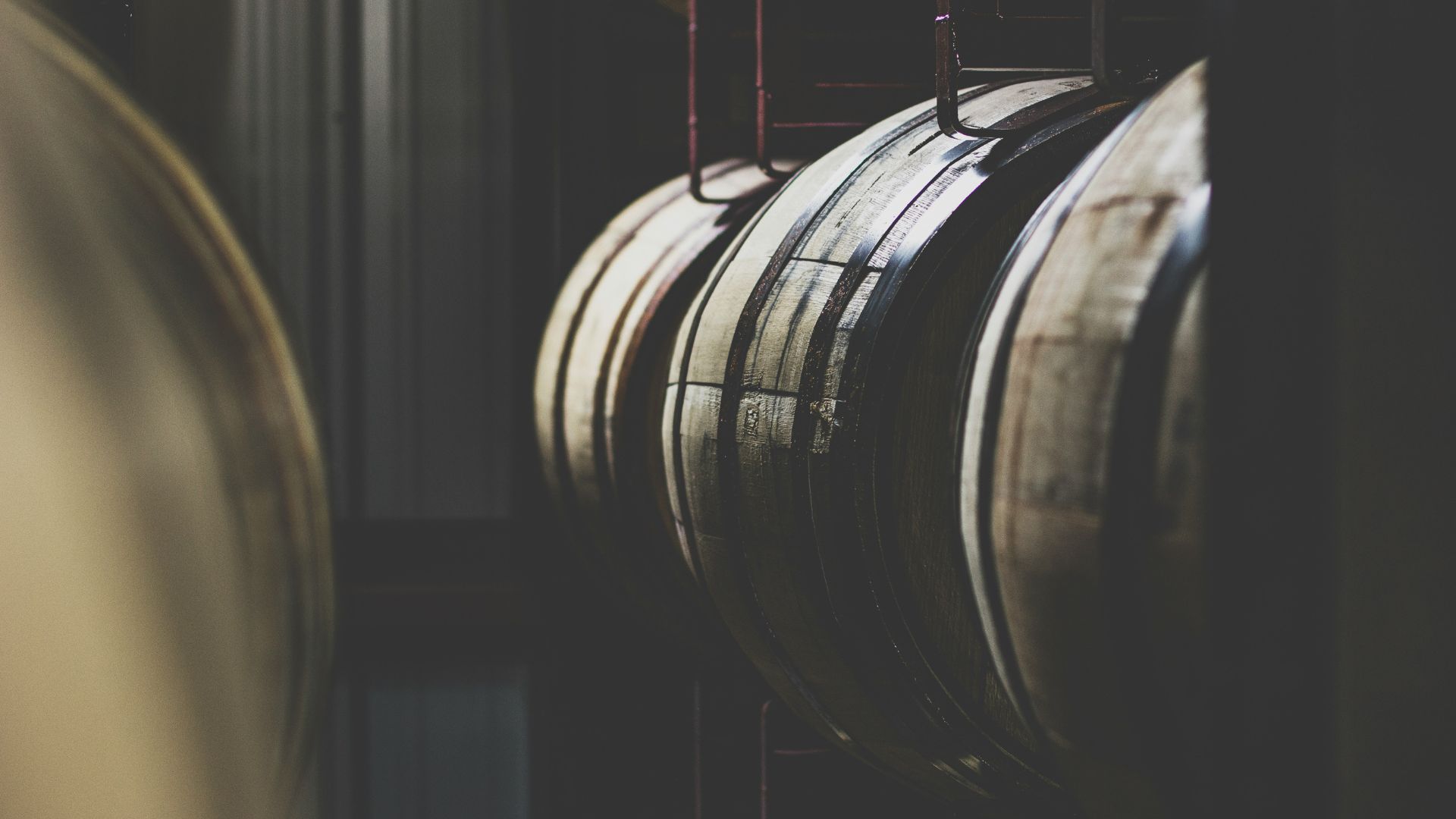
The distillery’s financial strain was exacerbated by rising operational costs and property taxes, compounded by reduced income during the pandemic.
These issues were pivotal in the company’s struggle for economic survival post-relocation in August 2020.
Four Years of Financial Challenges
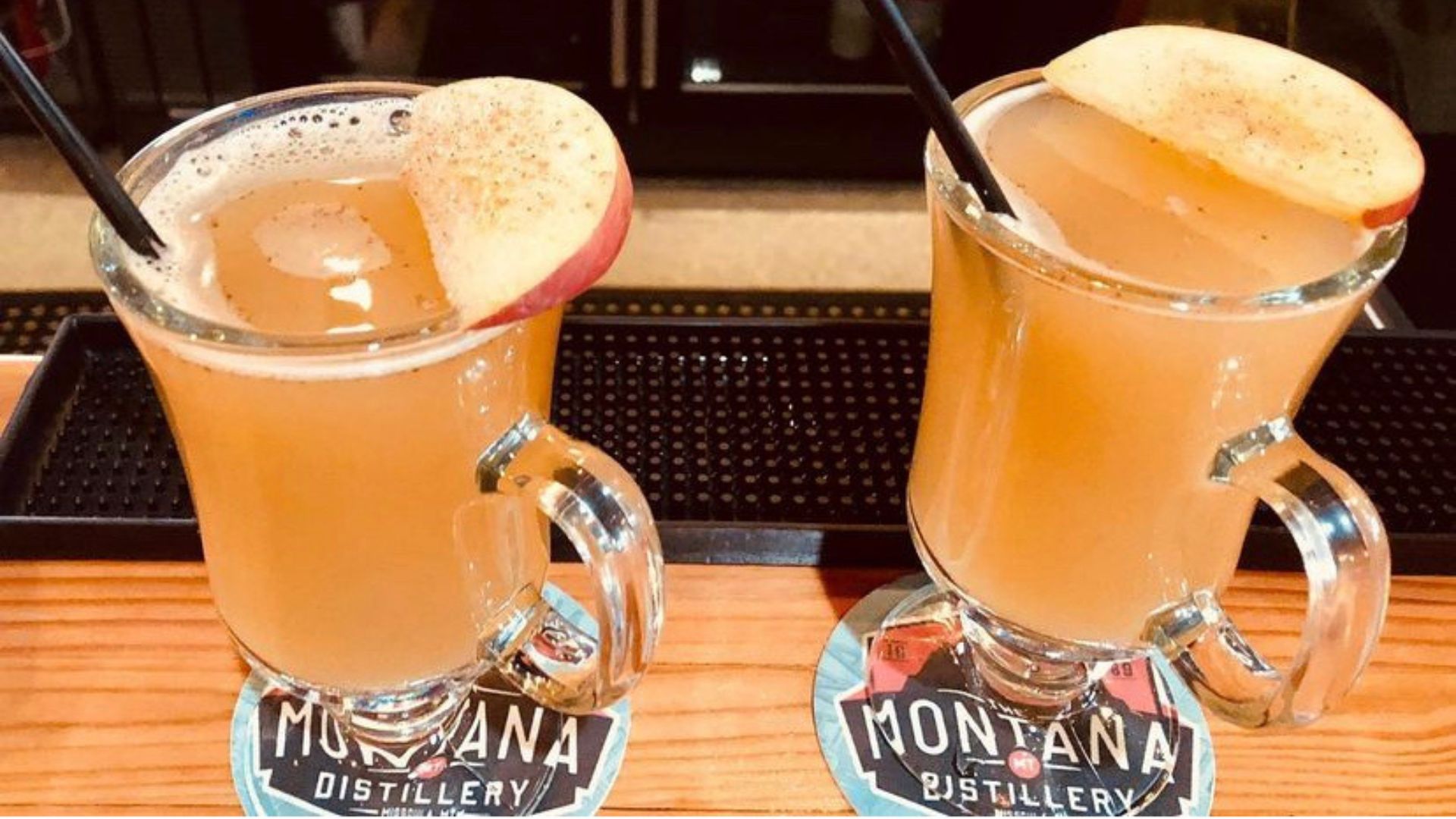
The distillery managed to operate in Stevensville for nearly four years before succumbing to the pressures that led to the bankruptcy filing.
This period highlights the ongoing economic difficulties Montana Distillery has faced since its move.
Events on Hold
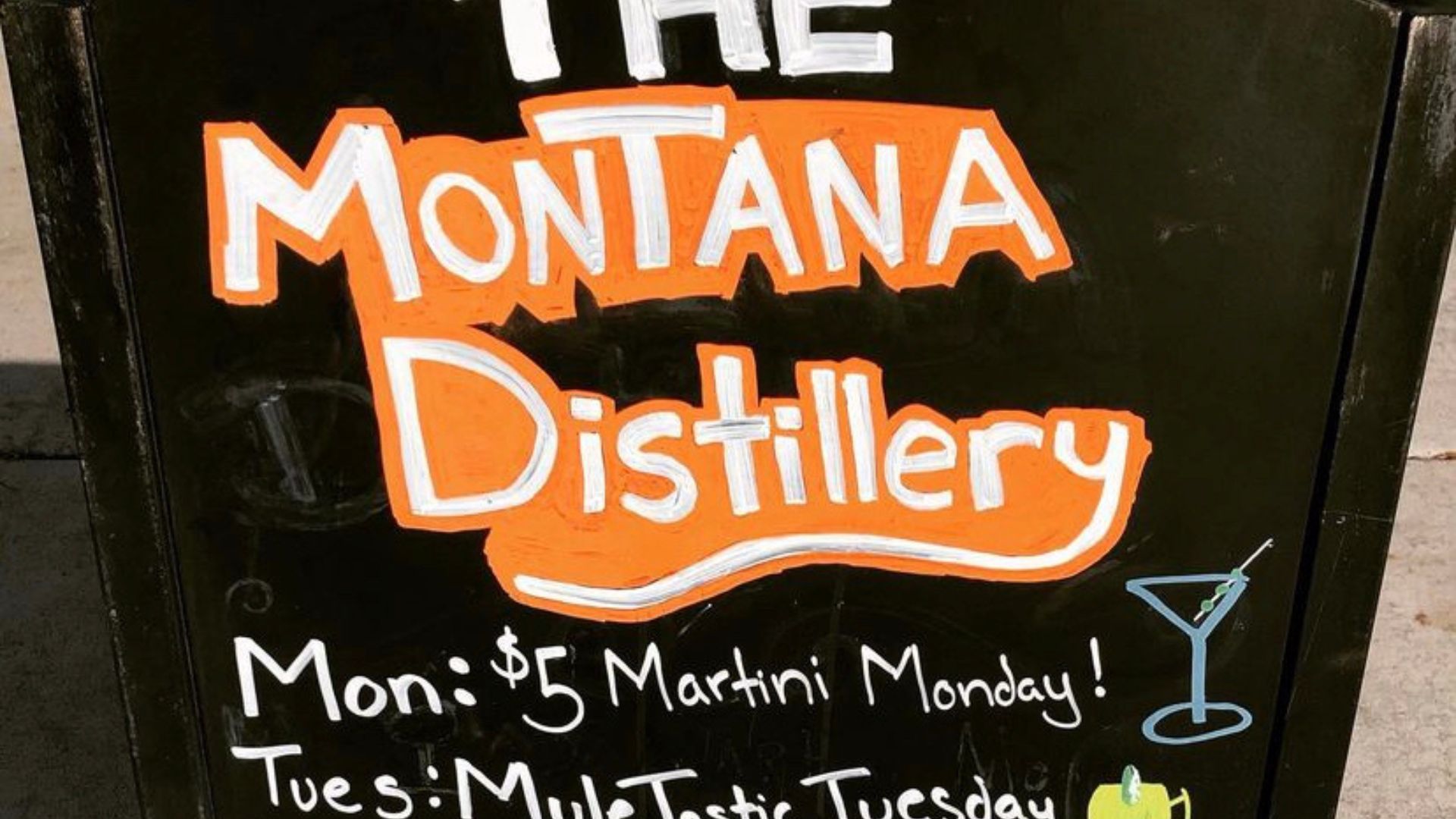
The absence of upcoming events listed on the distillery’s website reflects the current halt in operations and financial distress.
This pause in events marks a significant reduction in community interaction and customer engagement, which were once vibrant parts of their business.
Online Expansion Stalled

The anticipated launch of an online store, hinted at with a “Coming Soon” message on their website, has been delayed.
This setback is another blow to the distillery’s plans for growth and reaching a broader market digitally.
Widespread Challenges in Craft Brewing and Spirits

The Street reports that the craft brewing sector has faced significant challenges, with hundreds of breweries closing over the past few years—346 in 2020, 178 in 2021, and 319 in 2022, as reported by Statista.
Even established names like San Francisco’s Anchor Brewing have not been spared, leading to its Chapter 11 filing and subsequent shutdown in July 2023.
The Ripple Effect Across the Industry

The struggles extend beyond beer, affecting the broader alcoholic beverage market. In 2023, spirits supplier sales barely increased, showing a mere 0.2% rise, with volume up by 1.2%, The Street notes.
This trend continued into 2024, impacting other businesses such as Colorado-based Lee Spirits Co., which filed for Chapter 11 bankruptcy on March 8 after ceasing all operations, including its tasting room at Brooklyn’s on Boulder Street.
